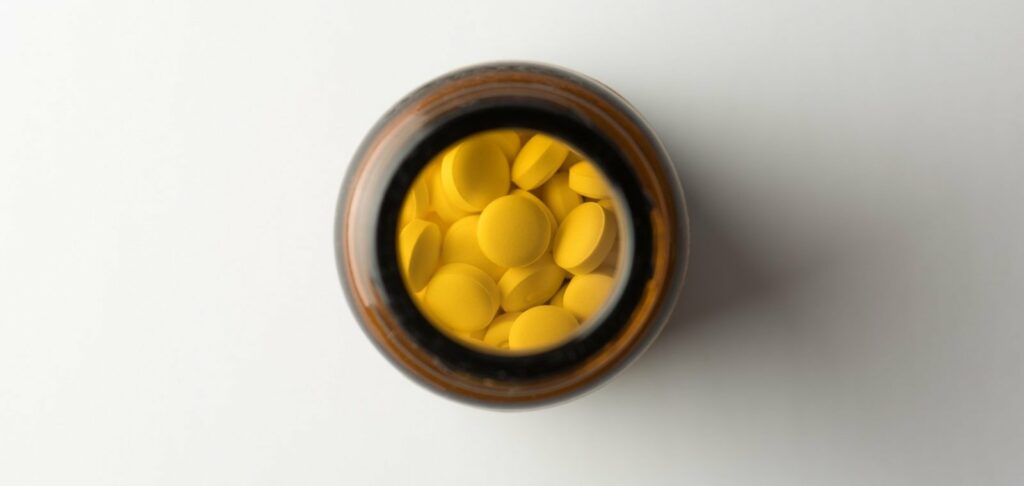
Biodesign for a healthy life
In the summer of 2018, specialists from the Massachusetts Institute of Technology Design Lab together with the sports brand Puma presented an experimental biodesign collection Adaptive Dynamics. Its “face” became sneakers that, tracking the physiological indicators of athletes, provide them with individual adjustment of “climate control”. The upper part of the shoe is made of a material whose pores are filled with bacterial culture. As body temperature rises, the bacteria begin to multiply and “gnaw” air passages in the sneakers to dissipate heat. The more heat the athlete generates, the wider the holes in the fabric become and the more air the shoe allows to pass through. Over time, each sneaker takes on a unique look based on the characteristics of its wearer.
Another interesting development in the biodesign collection is disposable insoles based on silicone, which includes a culture of microbes. These microorganisms are able to detect chemicals in the composition of sweat that indicate fatigue and signal them with a specific change in pH. Increased acidity closes electrical circuits connected to the microchip. It processes the information and transmits it to the user’s smartphone. The data obtained from the biotech insoles can be used to optimize the training regimen.
Adaptive Dynamics’ biodesign collection is complemented by “microbially active” seaweed clothing stickers that change color as they absorb CO2. If the sticker changes from dark yellow to light purple, the athlete receives a signal that he or she should not continue exercising in that room because the concentration of carbon dioxide is too high.
Flavorful yeast
Employees of the biotechnology company Ginko Bioworks (Boston, USA) use microorganisms to create unique substances for the production of food and cosmetics. For example, at the request of the French perfume brand Robertet, they have grown yeast that reproduces the smell of rose oil. For this purpose, the biodesigners introduced into them the genes of roses responsible for the production of fragrance.
Today, the perfume industry uses natural essences from plant extracts or animal secretions, as well as synthetic fragrances. The biodesign of genetically modified yeast will significantly reduce manufacturers’ costs. A yeast colony that exudes the fragrance of roses, reproducing on its own and requiring only feeding to do so, will eliminate the need to purchase expensive natural raw materials and industrial equipment.
In addition to “aromatic yeast,” Ginko Bioworks is looking for ways to make microorganisms reproduce the buttery texture and flavor of coconut oil, peach, apricot and mango, and is also working with bacteria that mimic the taste of expensive cheese and wine.
Let there be light!
Dutch electronics manufacturer Phillips has already created a lamp that runs on bioluminescent bacteria. These microorganisms are placed in glass cells, each of which is connected to the main reservoir of the lamp by thin silicone tubes. These tubes feed the bacteria with methane, which is produced from composted food waste. In return for the food, the bacteria produce a luminescent glow.
So far it is not bright enough to completely replace traditional light bulbs, but Phillips believes that such biodesign is promising for warning strips on curbs and steps, on signs and road markings at night.
Several biodesign research labs in different countries are working on introducing genetic material responsible for bioluminescence into plants that do not normally glow in the dark. Their goal is to develop luminous trees that could replace streetlights, as well as houseplants that could play the role of house lights.
The researchers are also thinking through “turn off” possibilities by experimenting with luciferase inhibitors. Eventually, such luminescent plants will turn off their luminescence in response to environmental conditions – such as sunlight.



